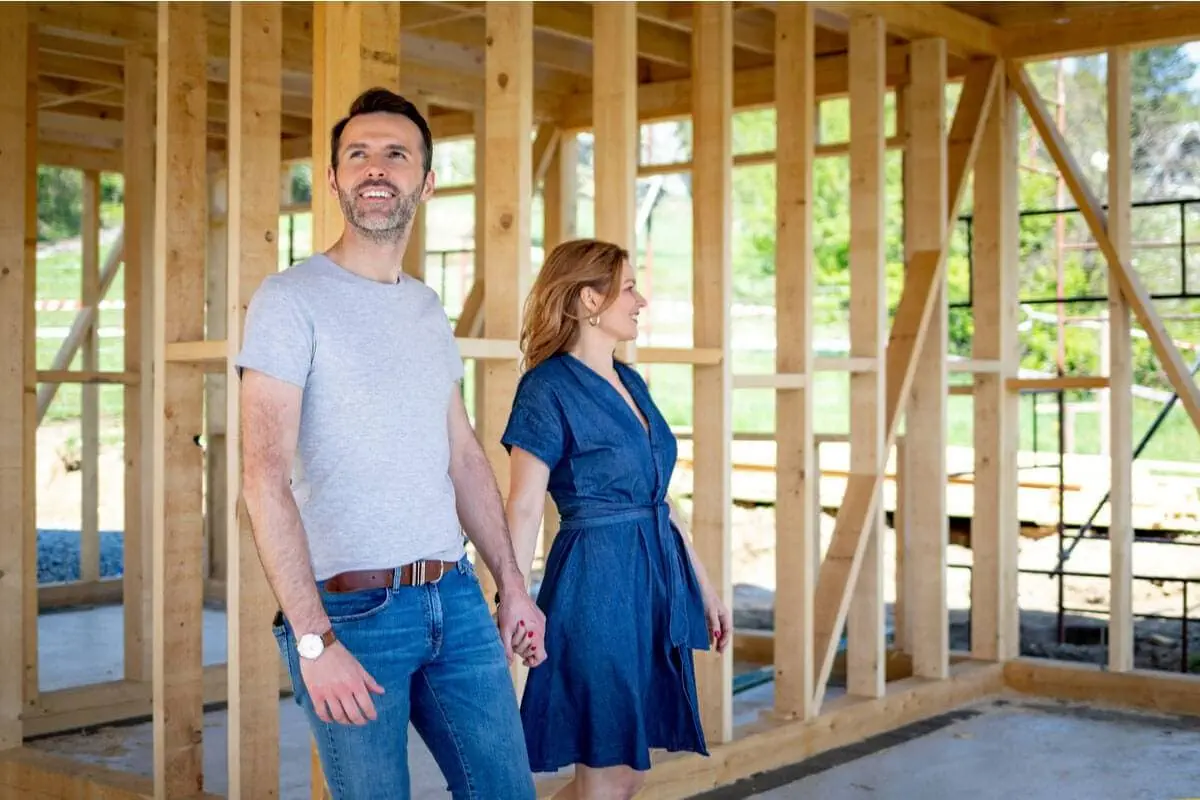
Building your new home will be one of the most satisfying and rewarding things you have ever done in your life. However, with great reward comes great responsibility. As a homeowner-to-be, there is a lot more on your shoulders than completing your purchase – it’s about working through essential construction details. You need to be an active participant in the entire process to make sure you end up with the house of your dreams. Here are 5 tips that will help you:
Whether you’re building a new home or considering a remodel, a close look at the cost to build is necessary. Cost-to-build estimates from the plans give you a good starting point to make decisions on materials, finishes, and styles. Run numbers to get an estimate of the primary costs associated with building a custom-designed house, as well as how much you should have for down payment funds and a slush fund for those unexpected costs you can’t predict.
First, you’ll need to arrange to finance with your lender, whether it’s a bank, mortgage company or credit union. This is done through the construction loan process, set up specifically for building a new house. Construction companies typically work together with lenders to help individuals through this process without unnecessary headaches. You will need to provide documentation that you meet several requirements, including underwriting guidelines that assess that you have the financial ability to pay for the home construction loan and can afford your mortgage payments.
Energy efficiency plays a significant role in the lifespan and cost of maintaining a home. Creating a smart, energy-efficient new build starts with your design. The external features that impact energy efficiency include shape, orientation and materials used to build your home. You’ll want to make sure that you position your building to maximize the amount of sunlight that will enter each room during different times of day while ensuring adequate shading from the midday sun. Integrating green features is more expensive than a standard building but is worth the extra initial investment in the long run.
It’s never a bad idea for an owner to have a clear idea of their home’s potential resale value. Although it will undoubtedly be the crown jewel of your portfolio, you should think about how it stacks up to other properties in the neighborhood. It may be tempting to include every upgrade you can think of, but curb your enthusiasm and make sure that you’re not overpricing your home because of unnecessary extras. Stay within a budget, and leave room for future buyers to add their personal touches.
Maryland | Frederick, MD | National Harbor, MD | Potomac, MD
Virginia | Alexandria, VA | Fairfax, VA | Lorton, VA | Northern, VA | Stafford, VA | Stephenson, VA | Winchester, VA | Washington DC